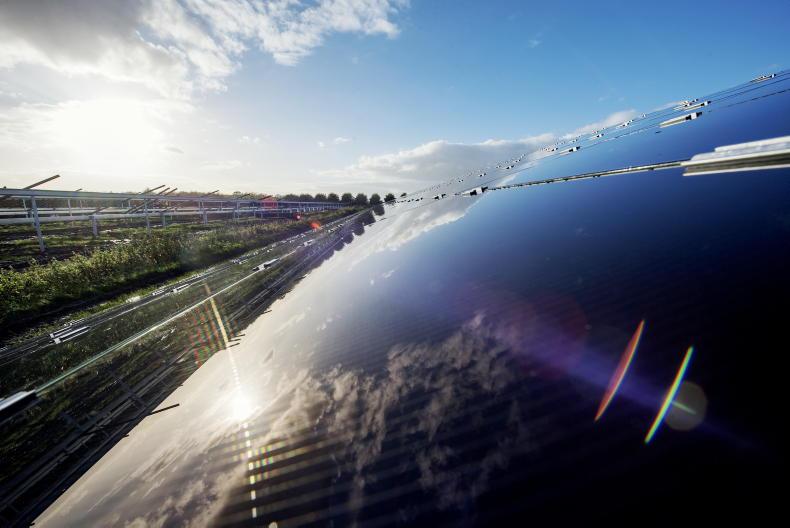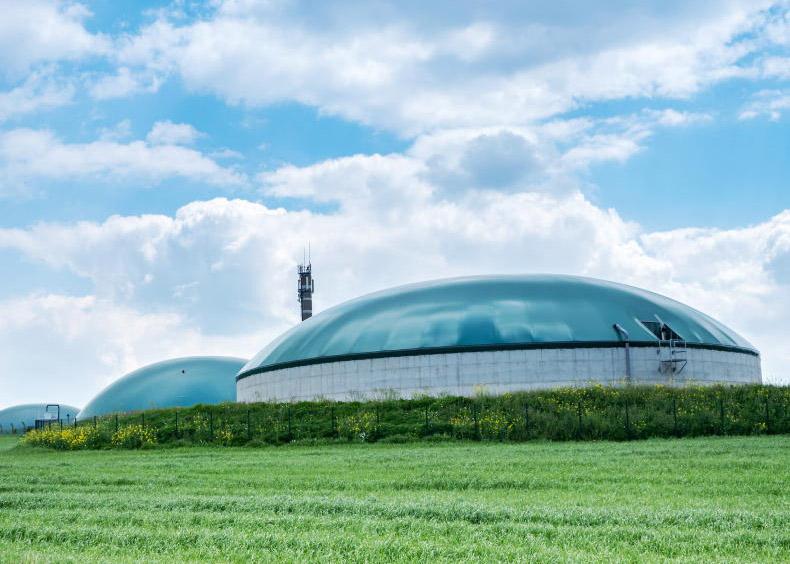The group that represents Renewable Heat Incentive (RHI) participants in NI is considering new legal action over cuts to scheme payments.
It comes after a High Court judge in Belfast dismissed a case taken by Ballymoney poultry farmer Tom Forgrave, on behalf of the Renewable Heat Association (RHANI).
The judicial review challenged the second set of tariff cuts which were introduced in 2019 and saw annual payments for a standard 99kW biomass boiler reduce from £12,140 to £2,340.
According to Andrew Trimble, executive chair of RHANI, his members are “furious” with last week’s judgement and considering taking the case to the Court of Appeal in Belfast or even the Supreme Court in London.
“Members are angry and are pressing for resolution through higher courts in this jurisdiction and elsewhere,” he said.
Trimble maintained that RHANI has the funds for further legal action, and he raised concerns that allowing cuts to previously guaranteed RHI tariffs could set a precedent which could lead to changes in other renewable schemes.
“This judgement is catastrophic for the future of renewable energy in NI, for appropriate mitigation to climate change and for confidence in the capacity and capability of the Executive,” he said.
Judgement
In his judgement last week, Mr Justice Humphreys referred to RHI as a “deeply flawed scheme” and said that without changes to the tariffs, the scheme would have put a “significant strain on the NI budget”.
While he described Tom Forgrave as an “exemplary” applicant, he maintained that the overall purpose of RHI was to incentivise the conversion to the use of renewables to produce heat, not to provide a source of cash flow for commercial businesses.
In Forgrave’s own situation, he joined the RHI scheme in 2014, initially with six biomass boilers, and added a further four in 2015. His total capital investment was around £508,000, although a separate analysis by the UK’s energy regulator put direct costs (excluding a water heating system in houses) at just under £350,000.
Forgrave’s legal team pointed out that in the original scheme introduced in 2012, payments were guaranteed for 20 years, and it was on the strength of that commitment, that he made his substantial investment.
They argued that the 2019 cuts to payment caused severe harm to his business and pointed out that the capital costs outlined did not consider ongoing running expenses, such as wood pellets, electricity and boiler maintenance costs.
Payments
The court heard that total RHI payments made to Forgrave up to 2021 come to £1.1m, and if he had continued to receive payments under the original scheme, his total payments over 20 years would have amounted to £7.95m.
“In the final analysis I am particularly influenced by the fact the applicant has received over £1.1m in subsidies since he was accredited to the scheme in 2014,” said Mr Justice Humphreys.
“It simply cannot be said that the applicant has been subjected to an excessive burden when he has received to date, a return on capital investment of between £600,000 and £764,000,” he added.









SHARING OPTIONS